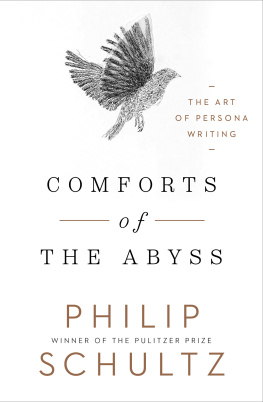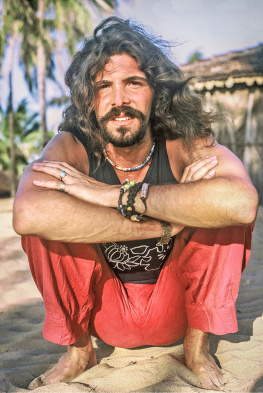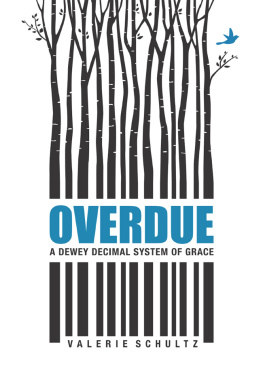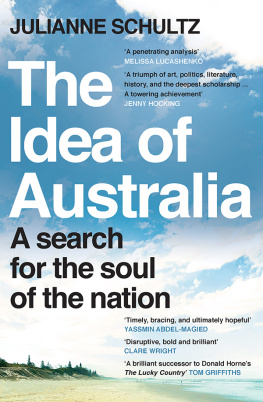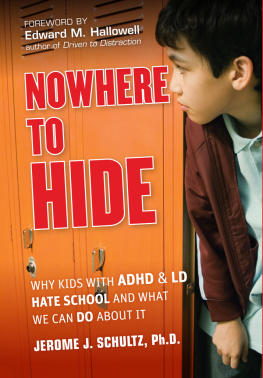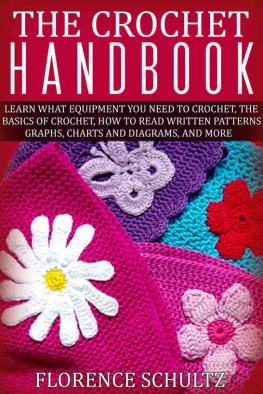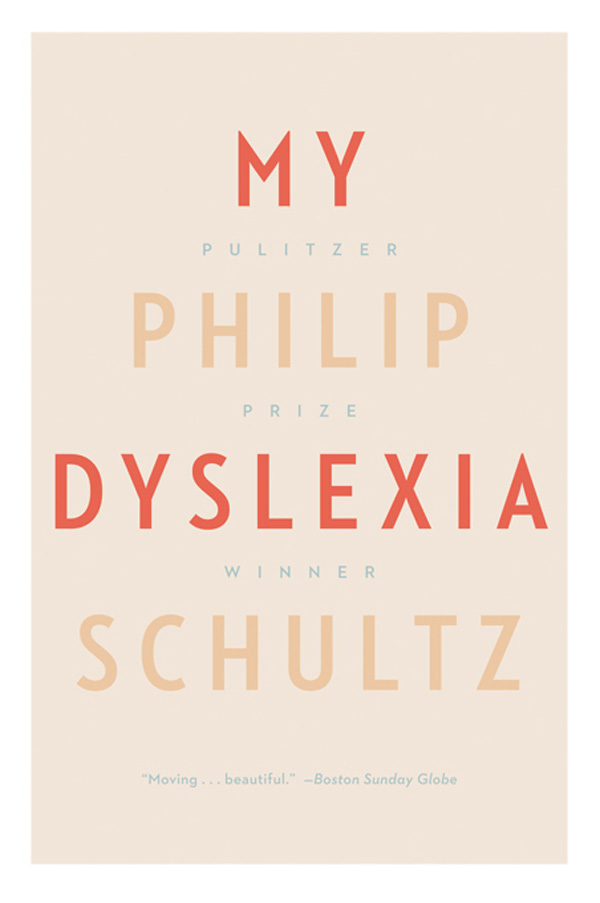
also by philip schultz
The God of Loneliness
Failure
Living in the Past
The Holy Worm of Praise
My Guardian Angel Stein
Deep Within the Ravine
Like Wings
MY
DYSLEXIA
philip schultz
W.W. NORTON & COMPANY
New York London
Copyright 2011 by Philip Schultz
All rights reserved
First printed as a Norton paperback 2012
Excerpt from Stopping by Woods on a Snowy Evening from the book The Poetry of Robert Frost , edited by Edward Connery Lathem. Copyright 1923, 1969 by Henry Holt and Company. Copyright 1951 by Robert Frost. Reprinted by permission of Henry Holt and Company, LLC. Disintegration from The Holy Worm of Praise by Philip Schultz. Copyright 2001 by Philip Schultz. Used by permission of Houghton Mifflin Harcourt Publishing Company. All rights reserved. Balance and excerpt from The Magic Kingdom from The God of Loneliness by Philip Schultz. Copyright 2001 by Philip Schultz. Used by permission of Houghton Mifflin Harcourt Publishing Company. All rights reserved. From Open Closed Open: Poems by Yehuda Amichai, translated from the Hebrew by Chana Bloch and Chana Kronfeld. Copyright 2000 by Chana Bloch and Chana Kronfeld. Used by permission of Houghton Mifflin Harcourt. All rights reserved.
For information about permission to reproduce selections from this book,
write to Permissions, W. W. Norton & Company, Inc.,
500 Fifth Avenue, New York, NY 10110
For information about special discounts for bulk purchases, please contact
W. W. Norton Special Sales at specialsales@wwnorton.com or 800-233-4830
Book design by JAM design
Production manager: Julia Druskin
Library of Congress Cataloging-in-Publication Data
Schultz, Philip.
My dyslexia / Philip Schultz. 1st ed.
p. cm.
ISBN 978-0-393-07964-7 (hardcover)
1. Schultz, Philip. 2. Poets, American20th centuryBiography.
3. Poets, American21st centuryBiography.
4. DyslexicsUnited StatesBiography. I. Title.
PS3569.C5533Z46 2011
811.54dc22
[B]
2011015859
ISBN 978-0-393-34342-7 pbk.
eISBN 978-0-393-08350-7
W. W. Norton & Company, Inc.
500 Fifth Avenue, New York, N.Y. 10110
www.wwnorton.com
W. W. Norton & Company Ltd.
Castle House, 75/76 Wells Street, London W1T 3QT
1 2 3 4 5 6 7 8 9 0
Contents
For my son Eli,
and his magical, hybrid nature
acknowledgments
I would like to thank a number of people who have helped greatly in the writing of this book: first and most of all, my wife, Monica Banks, whose generous support and vast knowledge of this subject provided keen, invaluable insights, without which this book would not have been possible; and my son Eli, whose courage and good humor in the face of adversity has been nothing less than an inspiration to me; as well as my son Augie, who has never failed to make me laugh when laughter was most needed; and especially my editor Jill Bialosky, whose idea this book was, and who kept me on course when it seemed impossible; and her fine assistant Alison Liss, who knows many important things; and my literary agent and friend Georges Borchardt, who is always there; and a number of people whose kind intelligence has meant everything to Eli and me: Carole Symer, Rebecca Di Sunno, Elizabeth Cliff Horowitz, Marty Cooper, Bill OHearn, and Paul Weinhold, and all of his many wonderfully supportive teachers and friends. I drew much needed inspiration and guidance from a number of important books about dyslexia, especially Sally Shaywitzs Overcoming Dyslexia and Richard Lavoies Its So Much Work to Be Your Friend: Helping the Child with Learning Disabilities Find Social Success. And I would like to call special attention to the remarkable work Jane Ross has been doing for a very long time with her far-reaching and visionary organization Smart Kids with Learning Disabilities, and the International Dyslexia Association, a source of invaluable information and support, and Glenn Corwin, the principal of the groundbreaking Churchill School in Manhattan, where it all started.
Suffering is the substance of life and the
root of personality, for it is only suffering
that makes us persons.
M IGUEL D E U NAMUNO
THE IDEA FOR THIS BOOK CAME OUT OF A COMMENCEMENT address I gave at the Churchill School in Manhattan, a high school for the learning disabled, in the spring of 2009. I was given this honor not because I had won the Pulitzer Prize in poetry the previous spring for my book Failure, but because I had won it despite the fact that, like so many of the Churchill Schools students, I am dyslexic. In several interviews I spoke openly about my difficulties in learning to read and the problems it has continued to pose. I mentioned the fact that I didnt discover I had dyslexia until I was fifty-eight years old, when my oldest son was diagnosed with it in the second grade. I learned from his neuropsychologists report that we shared many of the same symptoms, like delayed processing problems, terrible handwriting, misnaming items, low frustration tolerance for reading and most homework assignments involving writing, to name a few. Before long I was being asked about my dyslexia in every interview, the first question often being: How did someone who didnt learn to read until he was eleven years old and in the fifth grade, who was held back in third grade and asked to leave his school, come to be a professional poet?
Its a good enough question, but perhaps an ever better one is why I even mention my dyslexia in these interviews. Most of the poems in my book Failure concern my fathers many business failures and their effect on my mother and me. Theres nothing in the book that touches on my dyslexia or my failures as a student. So why had I been so willing, if not eager, to discuss something with strangers that I hadnt discussed at length with my wife or close friends? Even after I found out that I was dyslexic it was my sons problems that concerned me; why did such a bright, sweet-natured boy hate school? How it affected my present life wasnt something I even thought about. But suddenly it seemed to be the only thing I wanted to think about; as if it were a mystery Id been grappling with my entire life.
It has turned out to be just that: a mystery that had been waiting a long time for me to pay attention to it. And having found its moment it wasnt letting go. But it wasnt a subject I wanted to spend a lot of time thinking about, not when there were so many other more pleasant things to consider. My career, for one thing; it hadnt exactly been thriving before now and suddenly there was an interest in me and my work. Why would I want to revisit all that angst concerning my inability to read, and now, of all times? I decided to stop mentioning it during interviews, even when asked. But it was too late. I was being called by dyslexia organizations, my friends were asking questions, and even my son wanted to know more about my dyslexia. Suddenly everyone I knew it seemed had either suffered from some kind of learning disability or knew someone who did. And I mean everyone. The parents of my younger sons friends told me about their and their childrens issues with it in the school parking lot, people waiting for me to sign their copy of my book after one of my readings would talk at length about their own ordeals with learning to read and the long-term effects of delayed processing and their various struggles with language skills, while others waited impatiently behind them. Suddenly everyone wanted to talk to me, it seemed. And not about my poetry: it was my dyslexia they were most interested in.
The first night after hearing the good news, I finally gave up trying to sleep and came downstairs to find my wife, Monica, sitting at the dining room table, looking equally overwhelmed and bewildered. I was sixty-three years old and had enjoyed a fair share of luck with grants, awards, and publications, though never before had anything on this scale happened to me. When she asked me what I thought this would mean to our lives, I was unable to formulate enough clear thought to articulate even the most basic hint of what I was feeling. We live on what our school, the Writers Studio, provides; we live simply. My wife is a gifted sculptor and no one becomes a sculptor or poet because theyre terribly concerned about money.
Next page

